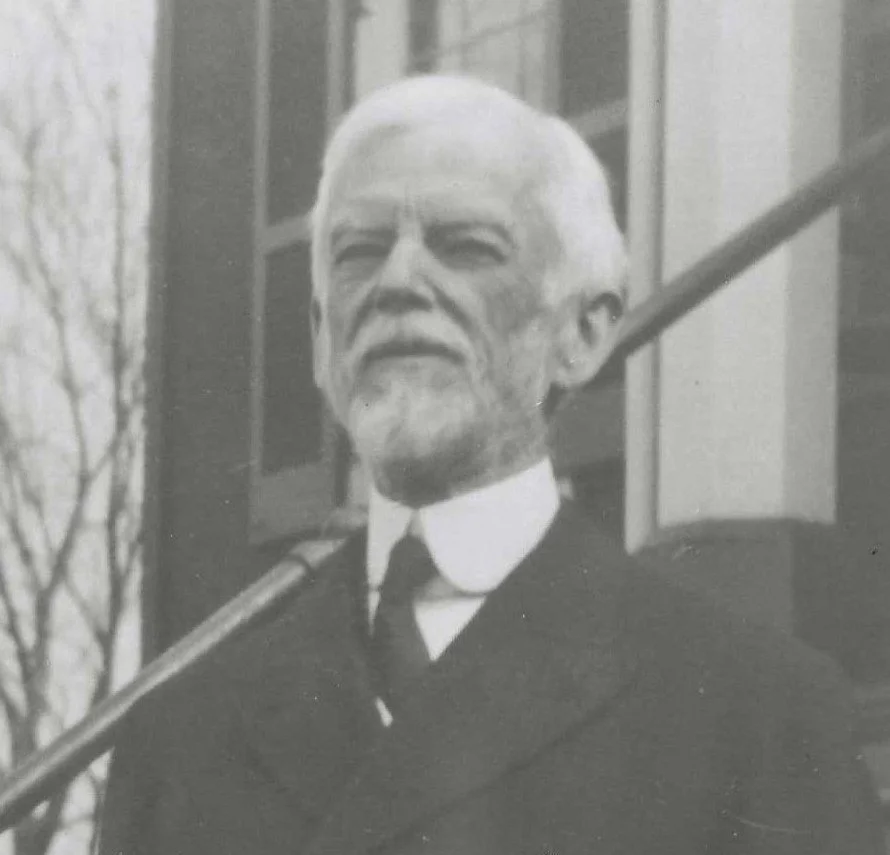Interestingly, three stories appeared in the same week about Christian leaders who messed up. One is a coach who behaved hypocritically. Another is a televangelist living in a $7 million mansion who pays no property tax. He said God told him to “Minister this house to [your wife]. It is part of your prosperity.” And a third Christian leader faces a lawsuit. His accuser, terminated from the organization, claims blind allegiance to the leader is a stringent job requirement, and the leader spurned COVID-19 protocols in the workplace.
These kinds of “got ‘cha” stories get good play in the press; often it’s a way the media humbles the self-righteous, whether they be religious or political leaders.
But what should our reaction be when fellow believers stumble?
First, we must avoid gloating as a secular world might. The accusations are serious, of course, but it’s also true that we’re in the same family. We accept a new responsibility when we decide to follow Christ. We pledge to help our brothers and sisters in the faith, not to judge them. So we grieve.
Second, I think we must hold to the principle of accountability. There are consequences for inappropriate behavior. If one skirts the law, there are fines and other punishments. If one stumbles as a moral leader he or she may need to step aside for a season. So much of accountability depends on the offender’s attitude. Contrition goes a long way; obstinance complicates matters.
But another task we must do is to restore the fallen. The apostle Paul said, “Dear brothers and sisters, if another believer is overcome by some sin, you who are godly should gently and humbly help that person back onto the right path. And be careful not to fall into the same temptation yourself” (Galatians 6:1, NLT).
Restoration is a Christian alternative to gloating or shaming. Restoration doesn’t overlook an offense but finds a way around it. Restoration says to the offender, “You’re too valuable to cast aside. We’ll work with you to make you stronger, and then you’ll be able to help others who stumble.”
Henri Nouwen popularized the term, “wounded healer.” He said Christ “was wounded for our transgressions,” as Isaiah prophesied so long ago, and became our healer. Nouwen further argued that Christians who suffer, whether by loss, disease or bad choices, can be fitted for better and more effective service to others.
Dr. Charles Chandler founded “Ministering to Ministers” to encourage ministers who’ve experienced involuntary terminations. One feature of MTM’s retreats is the stories of those who’ve been through terminations sharing how they coped. Chandler often tells retreat participants, “Don’t waste your pain. Use it to grow stronger and to help others.”





